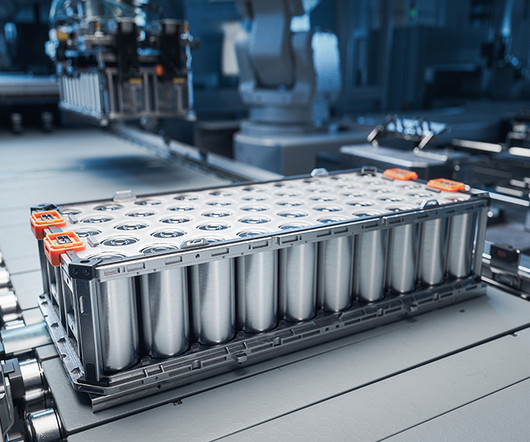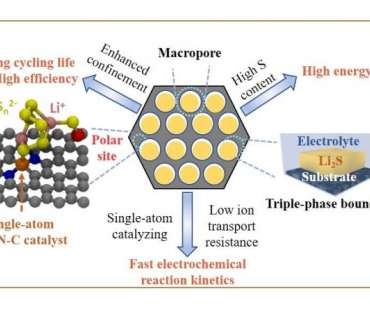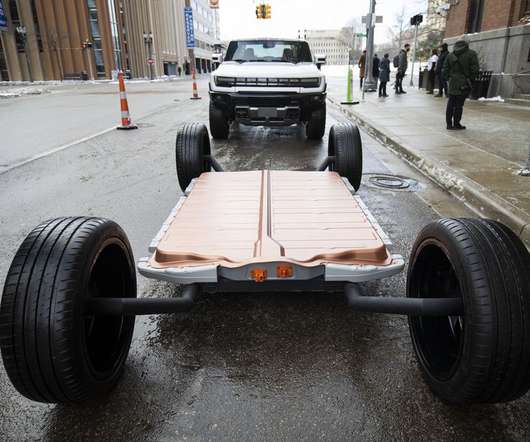OXIS Energy to build Li-S manufacturing plant in Brazil
Green Car Congress
MAY 14, 2020
Phase 1 will be to lease around 20,000 sq meters to enable the production of 5 million Lithium-sulfur (Li-S) cells per year with the option to extend and double the estate and cell capacity. Reflecting its collaborative success with universities in the UK and Europe, OXIS is actively seeking collaborations with Brazilian universities.



























Let's personalize your content